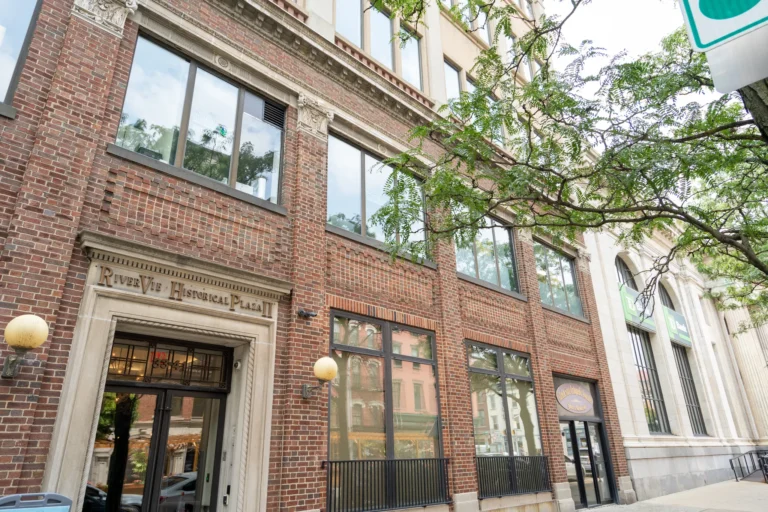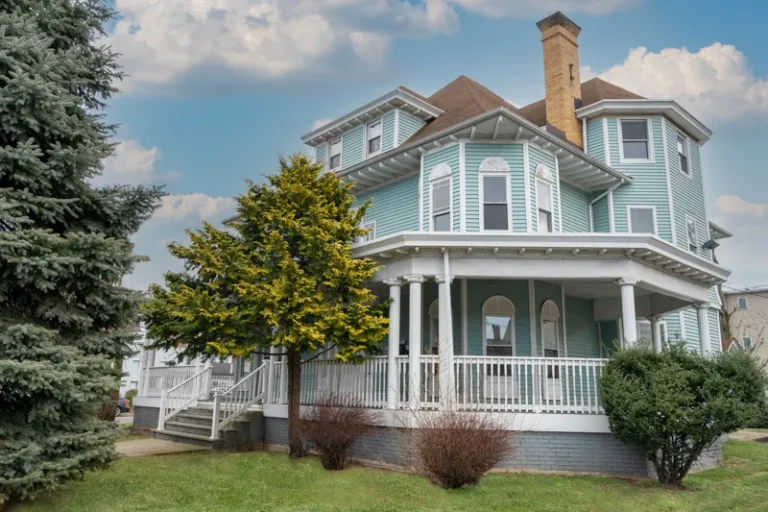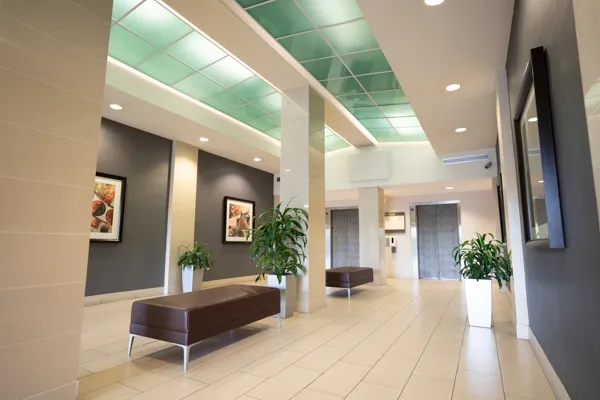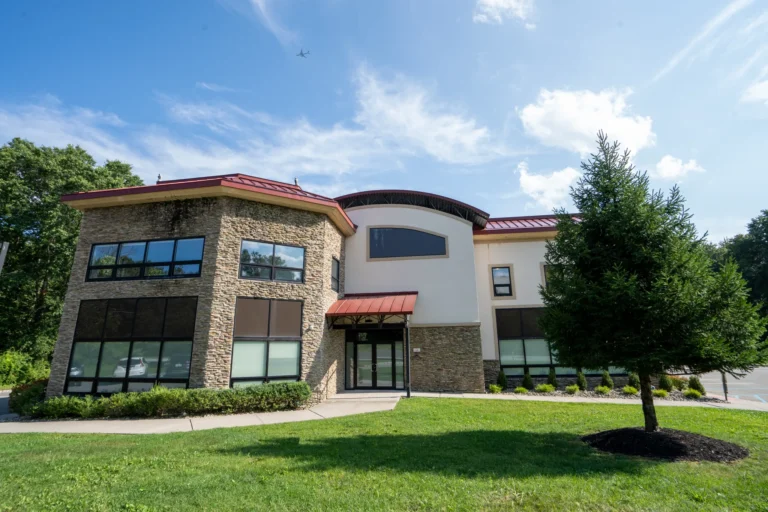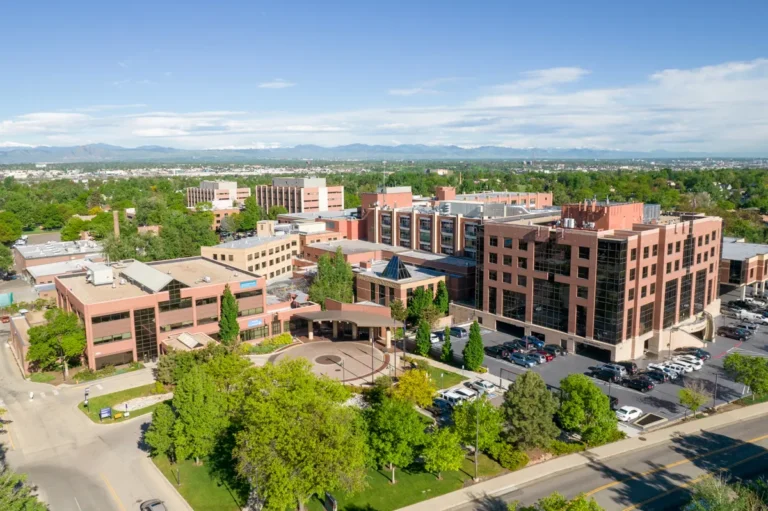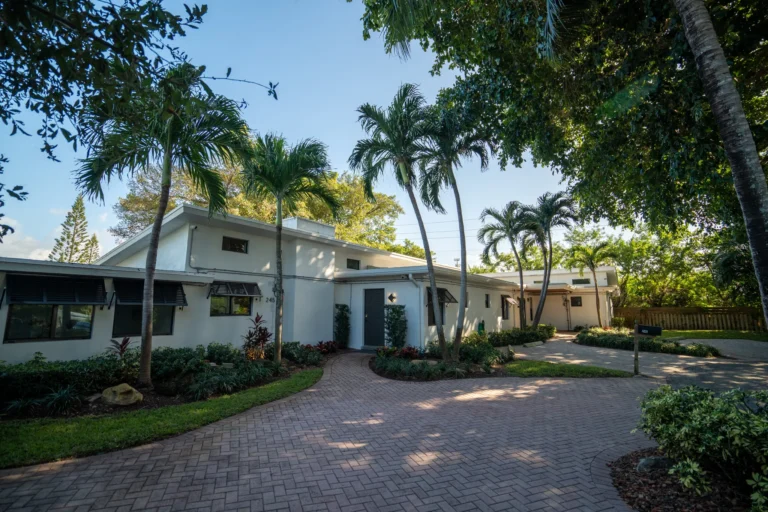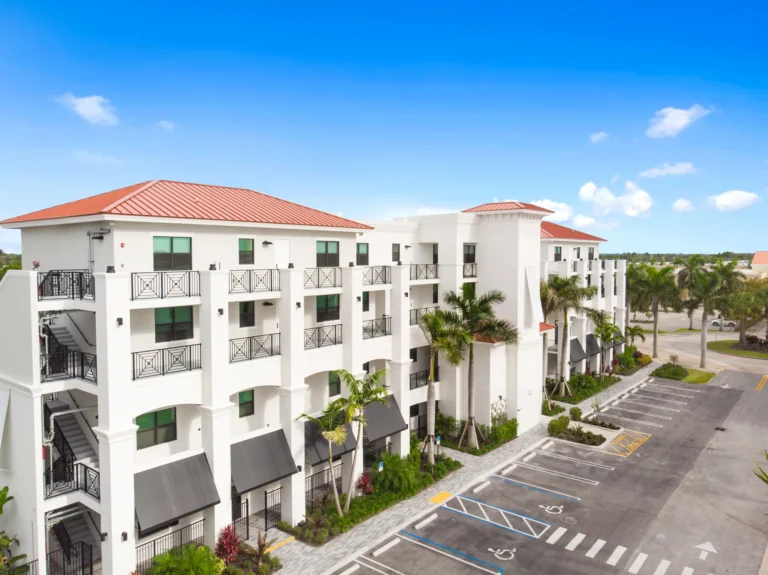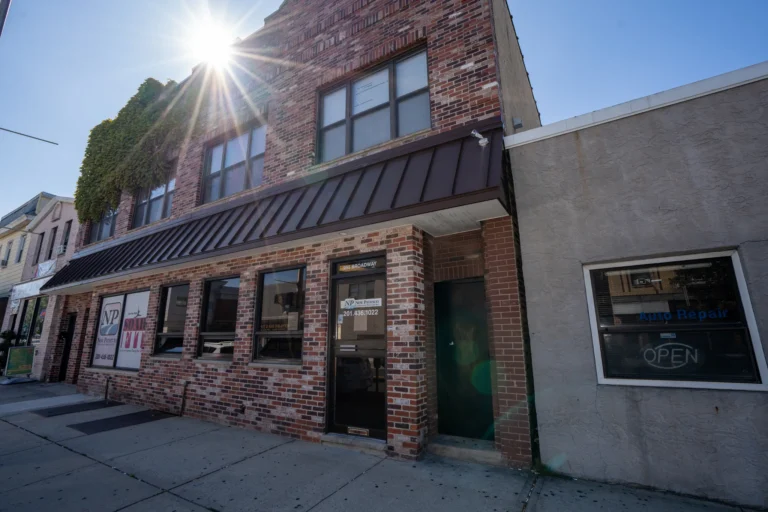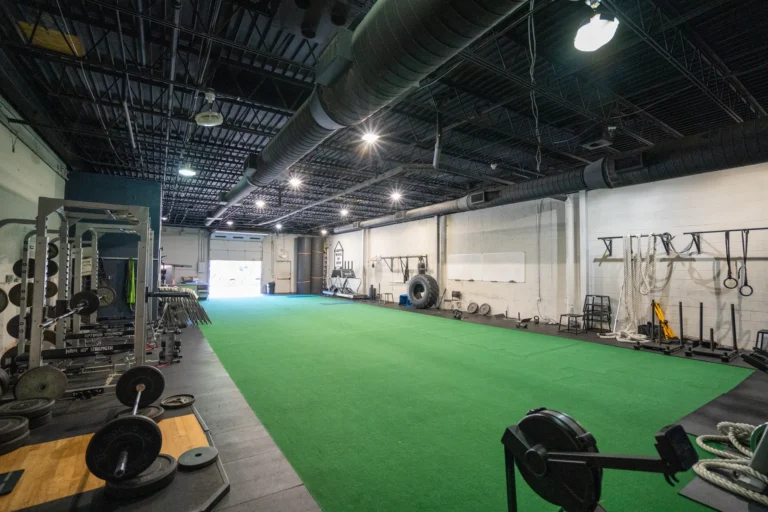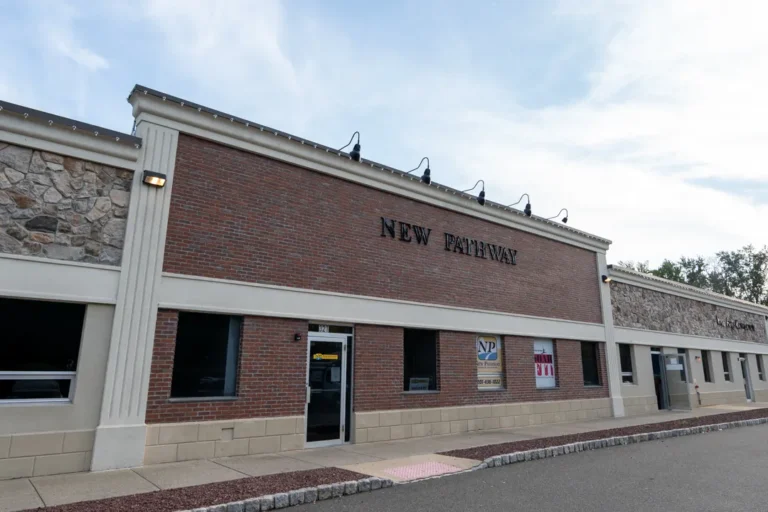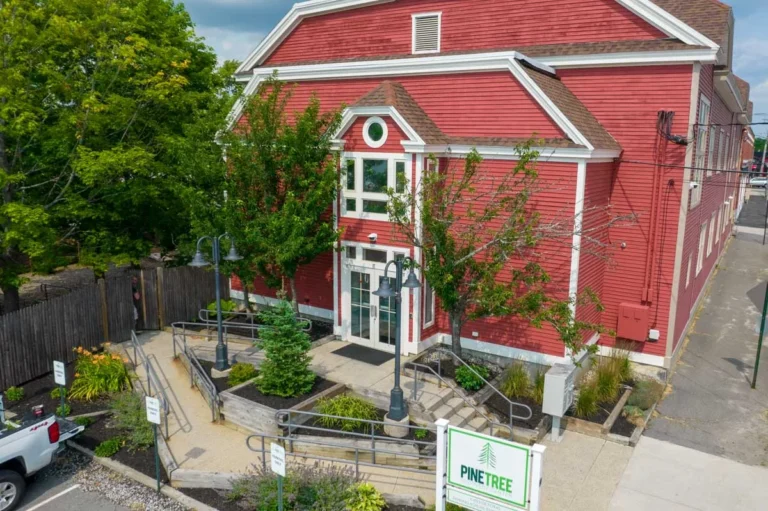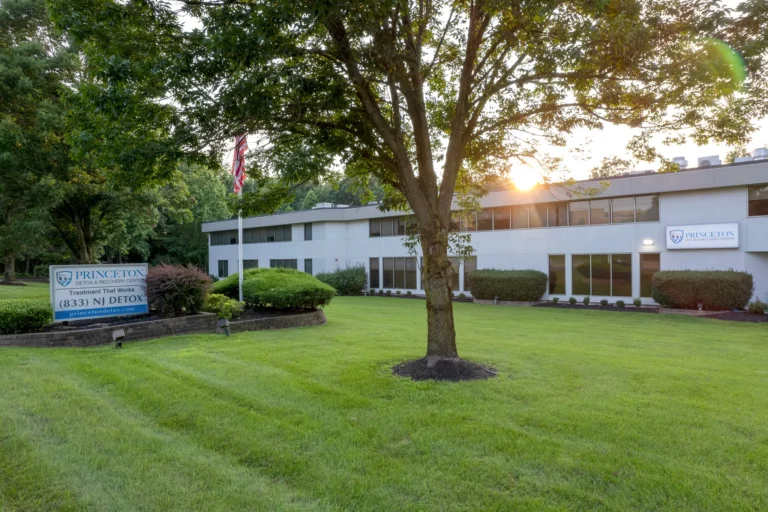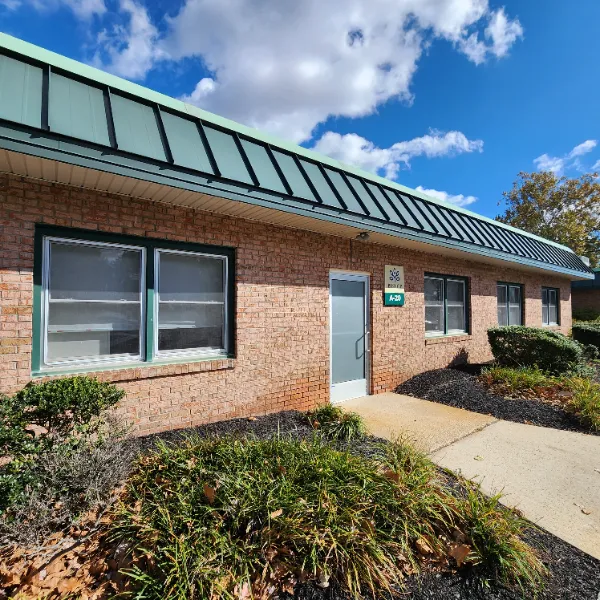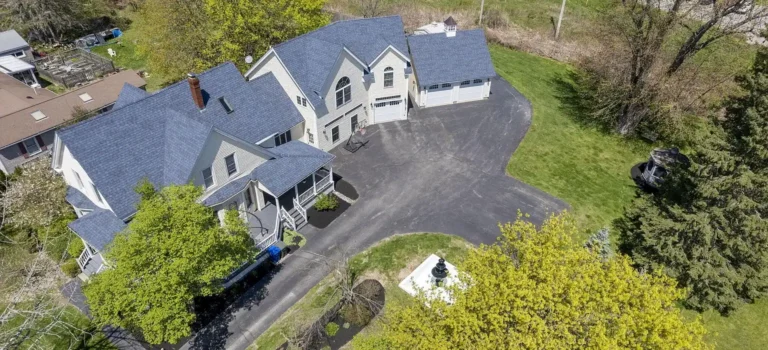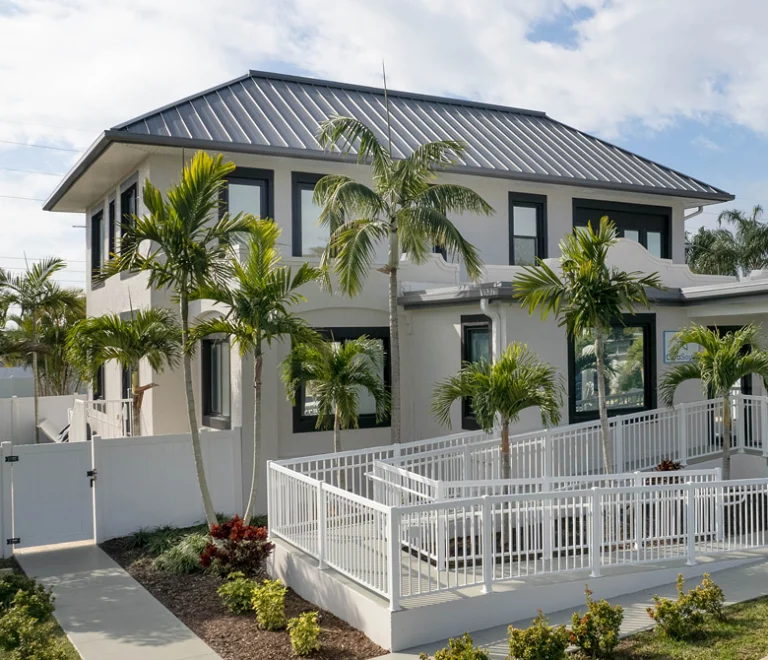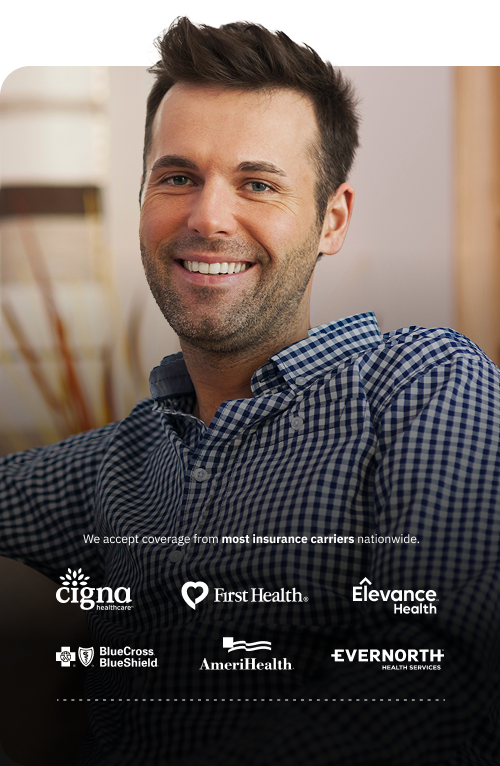At Princeton Detox & Recovery Center, our behavioral health programs near Ewing Township, NJ, offer medical detox along with individual, family, and group therapy, and more. Our drug and alcohol rehab programs are designed with an emphasis on individualized care and a client-focused, research-based approach, taking into account each person’s particular needs, circumstances, and recovery goals.
If you or a loved one is struggling with substance misuse or addiction, our team of addiction specialists can assist you in beginning your road to recovery. We can help you develop the coping skills and motivation you need to achieve abstinence and enjoy sustained sobriety.
Drug Detox & Addiction Treatment Options Near Ewing Township, NJ
Medical detox is the process of clearing substances from the body while supervised by a health professional. It is performed in a safe clinical setting and is designed to relieve withdrawal symptoms and increase the client’s comfort while ensuring safety.
https://www.princetondetox.com/wp-content/uploads/2020/12/alocohol-detox-new-jersey-300×200.jpg
Alcohol Detox
Alcohol is one of the few substances for which withdrawal can result in death without close medical supervision. Medical detox for alcohol is crucial to prevent or treat hallucinations, seizures, or other life-threatening effects associated with delirium tremens (DTs) and other conditions. Although DTs are relatively uncommon outside of extreme circumstances, supervised detox is critical and can dramatically reduce the risk of this condition compared to attempting to detox without help. Plus, medication-assisted treatment is often used to combat withdrawal effects and cravings.
Prescription Drug Detox
Many psychoactive prescription drugs require medical detox in order to ensure safety, including opioids, benzodiazepines, and certain stimulants. The symptoms associated with prescription drug detox vary depending on the exact medication used. As such, detox for prescription substances varies accordingly.
Opioid Detox
Opioids are a class of drugs commonly referred to as analgesics, painkillers, and narcotics. Along with illicit substances such as heroin and fentanyl, opioids include prescription medications such as oxycodone and hydrocodone. Long-term use or misuse can result in dependence, making it challenging for users to quit or cut back.
While not typically life-threatening, symptoms of opioid withdrawal can be severe, often prompting individuals to resume use to avoid the discomfort. As such, opioid detox is recommended to ensure client comfort and safety during withdrawal.
Benzodiazepine Detox
Benzodiazepines (benzos) are powerful central nervous system depressants that have a significant potential for dependence when taken over the long term. Like alcohol, withdrawal from benzos can result in a life-threatening condition similar to DTs, which includes hallucinations, paranoia, and possibly seizures. Medications can be administered to reduce or prevent these effects from occurring. Thus, medical detox is typically recommended for benzo withdrawal.
Stimulant Detox
Stimulants are commonly used for the treatment of attention-deficit hyperactivity disorder (ADD/ADHD) and sometimes narcolepsy. These medications include Adderall, Ritalin, Concerta, and others. Although stimulant withdrawal is not typically life-threatening, it can result in severe, highly unpleasant emotional and mental health effects. These can lead to profound depression and suicidal thoughts. For these reasons, medical detox can be essential to ensuring emotional stability and client safety.
Substance Use Recovery Treatment Options
Princeton Detox & Recovery Center offers a wide range of evidence-based treatment options facilitated by our highly-trained psychiatrists and other behavioral health specialists.
- Inpatient detox, a treatment process that includes round-the-clock medical supervision and the administration of medications when necessary.
- Individualized therapy, or one-on-one sessions with a licensed mental health professional to help identify the underlying factors that contribute to one’s substance use.
- Family therapy, which allows families to be involved with a loved one’s treatment and learn how to support and encourage them throughout the recovery process.
- Group therapy, a similar approach to individualized therapy, except it involves a group of peers gaining insight into their substance use and sharing their experiences with others.
- Dual diagnosis treatment, a comprehensive approach to treating mental health conditions that commonly co-occur alongside substance use issues.
- Medication-assisted treatment, consists of FDA-approved medications intended to reduce cravings and withdrawal symptoms for substances such as alcohol and opioids.
- Relapse prevention, which includes techniques that individuals can use to reduce stress and help them overcome cravings and urges that prompt them to return to substance use.
Drug & Alcohol Use Statistics in Ewing Township, NJ
Ewing Township, NJ, is located in Mercer County (pop. 380,688). According to the New Jersey Department of Human Services, in 2019 the most common substances misused by Mercer County residents admitted for addiction treatment were heroin (40%), alcohol (31%), marijuana (12%), and cocaine (8%).1
In 2021, there were 87,745 clients admitted into alcohol and drug rehab in New Jersey for heroin (38%), alcohol (36%), marijuana (7%), and other opiates (7%).2
Between 2018 and 2019 in New Jersey, 4.33% of individuals aged 12 and older had a past-year alcohol use disorder. Three percent of this age group was reported as engaging in past-year prescription painkiller misuse. Finally, heroin use was reported at 0.41%.3
What To Look for in a Local Substance Use & Addiction Treatment Center
Reputable addiction treatment centers are expected to have several important characteristics. These include having the required licensing and accreditation, being staffed with experienced behavioral health professionals, and providing evidence-based, holistic approaches personalized to address each client’s specific needs, circumstances, and goals.
Qualities To Look for in a Treatment Center Include:
- Accreditation and Licensing—Treatment centers must be licensed by the State of New Jersey and preferably accredited by The Joint Commission or other organization.
- Evidence-Based Approaches—Strategies used to treat substance misuse and other behavioral health issues must be clinically proven to be safe and effective.
- Individualized Treatment Plans—Programs and methodologies should be highly personalized to each client and their unique circumstances, needs, and recovery goals.
- Holistic Approach—Programs should address the mental, emotional, physical, and spiritual aspects of addiction and use a range of strategies to ensure individuals are provided with a well-rounded approach to treatment.
- Experienced, Skilled, Qualified Staff—Medical and mental health specialists, as well as support staff, should be experienced and qualified to work in their field of expertise.
- Multiple Levels of Care—Programs should include multiple levels of care that vary in intensity and flexibility and provide a “step-down” approach to treatment.
- Dual Diagnosis Treatment—Treatment for substance use must further address the underlying factors that also contribute to mental health issues to help prevent relapse.
- Family Involvement—Family participation is vital for individuals to ensure they feel safe and supported when they return to their everyday lives.
- Support for Special Populations—Certain populations, such as the LGBTQ+ community and older or disabled individuals, often have specific needs that also need to be addressed.
- Peer Support—Group support, such as Alcoholics Anonymous (AA), can provide a supportive environment consisting of others who share the same experiences and can offer guidance and encouragement.
- Staff-to-Client Ratio—A high staff-to-client ratio can ensure that assistance is available and that time can be dedicated to each individual when needed.
- Insurance and Other Pay Options—The addiction treatment center should offer various methods of payment, including private insurance, government-funded insurance, and self-pay. It’s important to contact your insurance company or Princeton Detox & Recovery Center to determine what treatments your policy covers.
Why Should You Choose Princeton Detox & Recovery Center?
At Princeton Detox & Recovery Center, we are mindful of the significant challenges that addiction and mental health conditions can cause for both those struggling with addiction and their loved ones. It is our mission to ensure each person we treat is provided with a safe and pain-free detox and effective, evidence-based treatment.
For a free, no-obligation check of your health insurance benefits and to learn more about our streamlined admissions process, contact our Middlesex County rehab center today. By offering our clients a wide range of effective therapies and services, we aim to fully address their many needs and ensure they have the skills, support, and resources necessary to foster a long-lasting sober life.
- New Jersey Drug and Alcohol Abuse Treatment. (2019). Substance Abuse Overview.
- New Jersey Drug and Alcohol Abuse Treatment. (2021). Substance Abuse Overview.
- Substance Abuse and Mental Health Services Administration. (2021-2022). Interactive NSDUH State Estimates. New Jersey.





